There’s business for everybody, but the ones who are hustling will gain the most: Experts
As India begins its lockdown exit strategy with easing of restrictions in a phased manner, the Advertising industry is pulling out all stops to ensure the work goes on and are trying to very closely engage with their clients. Innovation is the need of the hour and many agencies are managing to create and produce films and TVCs in spite of several hindrances and restrictions. There is also a general fear about layoffs as revenues have just come crashing and future the looks gloomy, as one industry expert said, it will take another 6 months to start recovering from this downturn and another 24 months to come back fully on track.
There will be several behavioural changes which will make both brands and agency to think radically different to reach their audience. Already the changing situation has pushed many brands to leverage digital as the key medium to convey their message as the traditional media like print has been affected due to COVID-19. Conversations are going from how to improve efficiency to make brands more relevant in the changing consumer behaviour scenario. There are also about clients talking about negotiations on retainership and revisiting deliverables and manpower deployed on brands.
To talk and debate on the topic ‘Relook at the Advertising Business Game Plan in These Uncertain Times’, Pepper Awards together with Adgully organised an interesting webinar. Some of the experts from the world of Advertising and Marketing joined the debate and shared their interesting points of view in a candid conversation with Laeeq Ali, President, The Advertising Club Bangalore, who moderated the session. The elite panellists included:
Abhijit Avasthi, Founder, Sideways
Naresh Gupta, CSO and Managing Partner, Bang in the Middle
Mithun Appaiah, CEO & Executive Director, Innovative Foods
Mithila Saraf, Business Head, Famous Innovations
The discussions centred on various issues facing the ad industry currently, such as:
Understanding client demands amid COVID-19 disruptions
How agencies need to renegotiate retainership amid fee cuts
Improving cost efficiencies – getting more bang for the shrinking buck
Strengthening brand relevance in a changing consumer behaviour scenario
Forging stronger Client-Agency collaboration to take the industry forward
Tapping into ‘Vocal about Local’ clarion call of the Prime Minister
In the current scenario of the lockdown and COVID-19 rattling nations globally, Ali started the conversation by asking the panelists about the future which seems quite unclear right now. Keeping the thoughts broad enough and allowing the panel about the various sectors, Ali asked “What is future through your lens? What is going to be some of the major changes which you have foreseen?”
Pointing out aptly that no one really knows about the future and that everybody seems to be an expert in these times, Saraf asked, “What is the future? Nobody knows and don’t let anybody tell you that they know what’s going to happen and what isn’t. In the last two months, I think everybody has turned into an expert of this situation!”
She added that in the current scenario, all we can do what’s in our hands. “We have to realise that when things start opening up and when we start getting back to whatever form of normal there is, it is going be a cutthroat world out there. It’s going to be a world where each and every one is for themselves. People don’t have jobs and work. We have to get our hustler mindset on. If 24X7 we are not thinking about what are some innovative solutions we can bring to the table and common sense solution are not coming up, then we already falling behind,” he cautioned.
Giving a perspective from the Sideways’ end, Avasthi noted, “I feel we as a company were built for a time like this, because advertising is less than half of what we do. I find ourselves equipped to take on many things - whether it is building tech, product design, service design and other kinds of solutions – which I think is really important and is helping us now. We are not dependent on any one source of revenue or knowledge of only one domain. The best that we all can do is be prepped up to take different kinds of opportunities that come our way. Attempting to address our partners’ issues in innovative and different ways is the only mindset that we need, and we have the wherewithal already, which we have been fortunate enough to have been building over the last four and a half years. I think it only worked out better.”
According to Appaiah, the past data and whatever has happened in similar instances gives the industry a view of what can happen with a situation like this. He added, “For example, this all started in China. People did know that masks and sanitizers will sell so much as early reaction time was for a lot of brands. There was an opportunity for being number one, which took pole position and gain market shifts. So how did they do it? You’d know that if you had data of what happened. So, what I believe is that data instances will give you some indication or some guidance. I believe what is going to happen is that we are going to be in a slow motion economy. There are lots of conversations on V-shaped recovery, U-shaped recovery, hockey stick recovery and all of that. Brands and companies need to pivot concern on situations, it doesn’t matter which industry you are in. There is business for everybody, but the ones who are hustling get the maximum out of it.”
Here, Naresh Gupta commented, “I would actually want to chat up with guys who spent time in the ‘Bigg Boss’ house, locked down for 60 days or 90 days and know what changed for them. That is where the real insights will come from. We at least have our phones and we have the Zoom app and we can talk to each other. Those guys can’t even do that.”
“Imagine the plight of the astrologer who writes a daily or weekly column in the newspaper every morning. My forecast was that I am bound to travel and go somewhere else. That is how the whole disconnect scenario is today. We have been taught now that you can live with less, that you can be happier doing things that you never did. We’ve been taught that there are a lot of things that you wanted do at some point of time and couldn’t do because you always said that you don’t have time, and now you have started to do those things,” noted Gupta.
He further said that nobody knows what will happen, but he felt that these were the things that would start to matter as the market opened up. “Will you buy that next brand of shirt? You may or may not, because the whole debate could be maybe I don’t really need it at this point of time, maybe I’ll push it. What will then happen is that you will see a lot of people not really wanting to spend at the same level that they were spending before the entire COVID-19 and lockdown started. This is what will become the newer way of living,” he added.
According to Gupta, the good thing about human psychology and human beings was that we all want to be social. Giving his take on how old habits die hard, he said, “We all want to connect with other people and we all want to impress others. And none of that is going to go away because that has been wired into our heads for generations. The lockdown will last for some days and not forever. Due to the pandemic we have learnt how to wash our hands, which is quite bizarre – we should have been washing our hands even otherwise! But that is not going to be how the world would be moving on and how the world would be becoming.”
Speaking about the impact on the markets, Gupta pointed out, “The consumer market contraction has happened not just now, this has been happening since 2008. If you pull out the automobile data, which I think is the best symbol of how well the economy is doing, you will realise that from 2008 to 2020, the market hasn’t grown, the number is almost constant – not by value, but by numbers. The number of automobiles that India has produced in the last 12 years has not gone up dramatically. But yes, as the country emerges from the lockdown, you will see many things change, but I don’t think the basic human insight of wanting to connect and wanting to chat and wanting to impress others is going to change.”



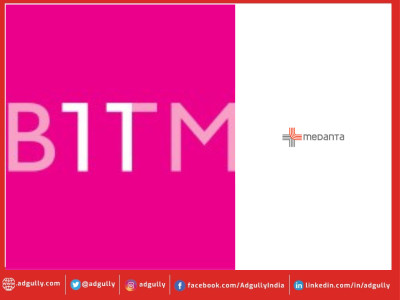

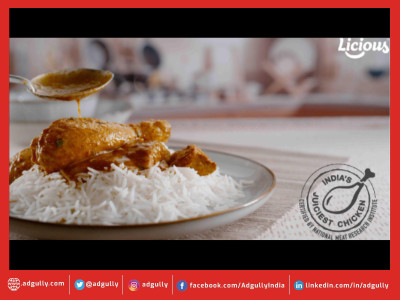
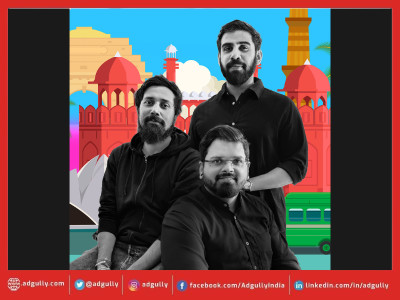

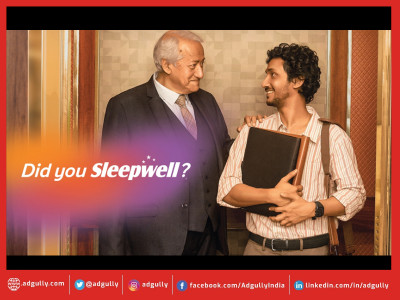

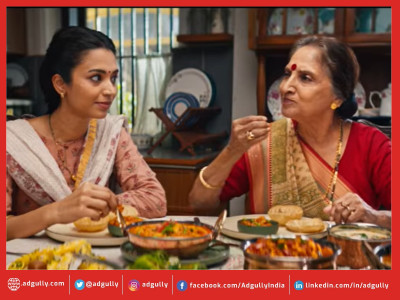
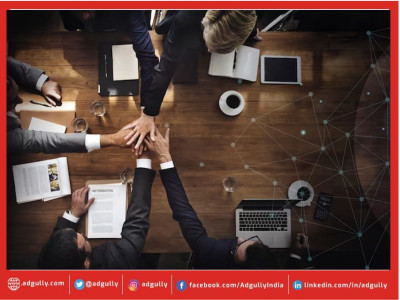

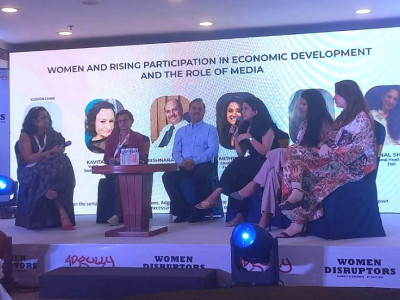
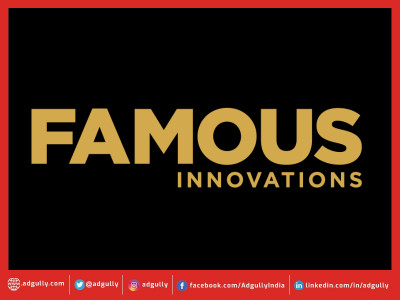

Share
Facebook
YouTube
Tweet
Twitter
LinkedIn